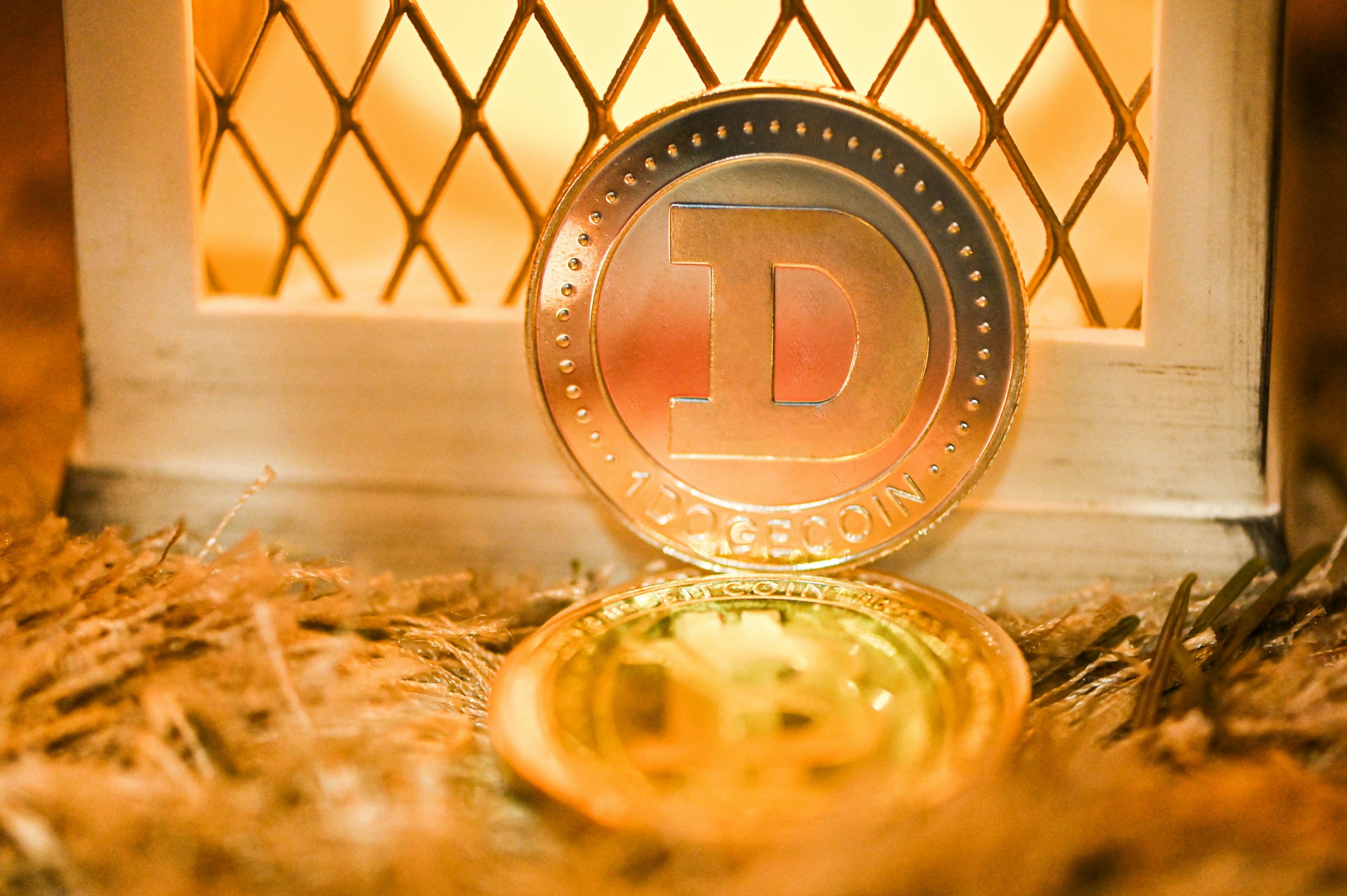ARTICLE AD
The updated law welcomes donations in local government-issued, KRW-pegged stablecoins and blockchain-based gift vouchers.
South Korea has taken a firm stance on the use of cryptocurrencies for charitable donations within the country. According to a local news media outlet, Kyunghyang Shinmun, the government has scrapped the use of digital assets for philanthropic causes in a proposed amendment of the “Donations Act”.
The Ministry of the Interior and Safety said it reviewed and amended the “Donations Act” to broaden the scope of acceptable donations but this does not include digital assets like Bitcoin (BTC).
South Korea Says No Crypto Donations
The original Donations Act was introduced in 2006 before the widespread use of smartphones and the availability of various payment methods. However, the tables have turned with recent inventions, including the launch of cryptocurrencies in 2009, as the rules do not cover the many payment options available in the market.
As a result, the Ministry revisited the Donations Act, proposing new measures in January 2024 that do not allow digital assets despite the burgeoning crypto market in South Korea. However, the updated law welcomes donations in local government-issued, KRW-pegged stablecoins and blockchain-based gift vouchers. It also supports traditional bank transfers and online payments.
According to the report, the regulations also come with automated response systems, postal services, and logistics services. If approved by the State Council after a legislative notice by June 10, the proposed law will become effective in July.
“We plan to proceed with procedures to ensure that the enforcement ordinance is passed before the end of July, and it will be implemented immediately after passage,” said a spokesperson from the country’s Ministry of Public Administration and Security.
South Korea to Accept Gift Cards for Donations
Starting in July, individuals looking to donate to charitable causes will have various alternative methods, including department store gift vouchers, stocks, and loyalty points from Korean internet giant Naver.
The amended law also outlines the specific purposes for collecting donations, including supporting children, adolescents, and people with disabilities, promoting employment, addressing low birth rates, aging populations, and rural decline, revitalizing local communities, and other public interest purposes.
Additionally, the legislation designated the second Monday of December every year as “Donation Day”, allowing national and local governments to organize commemorative events and provide rewards for donors.
Meanwhile, the exclusion of cryptocurrencies from accepted payments for charity donations in South Korea comes at a time when digital asset donations are gaining momentum globally. According to TheGivingBlock, more than $2 billion has been donated using virtual assets as of January 2024.

 6 months ago
63
6 months ago
63 

